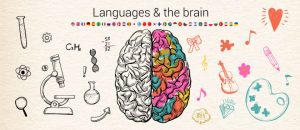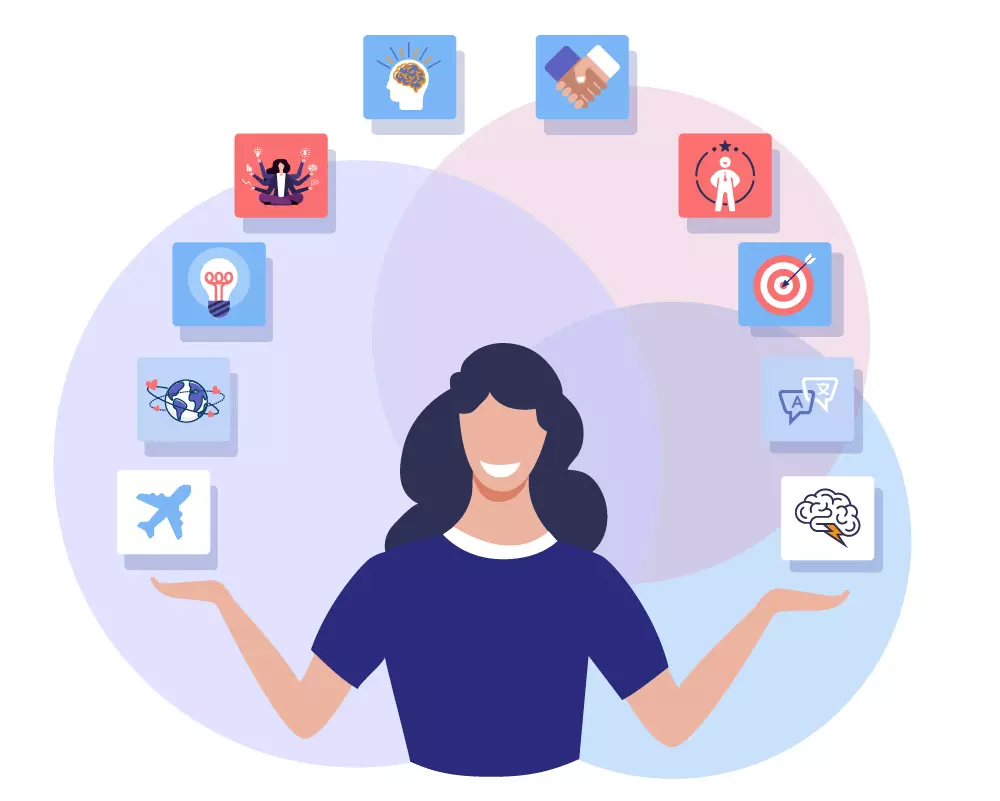In an increasingly interconnected world, the ability to communicate in more than one language is no longer a luxury but a necessity. Learning a second language offers profound benefits that extend far beyond mere communication. Whether for personal growth, professional advancement, or cognitive enhancement, acquiring a new language opens doors to a myriad of opportunities. In this comprehensive article, we explore the multifaceted advantages of bilingualism and how it can enrich our lives in various domains.

Enhanced Cognitive Abilities
One of the most significant benefits of learning a second language is the cognitive enhancement it provides. Bilingual individuals often exhibit superior problem-solving skills and better multitasking abilities compared to monolinguals. This cognitive advantage stems from the brain’s increased capacity to manage and switch between multiple linguistic systems. Studies have shown that bilingual individuals have improved executive function, which includes skills such as planning, attention control, and abstract thinking.
Improved Memory and Learning Capacity
Mastering a second language strengthens the brain’s neuroplasticity, which is its ability to adapt and reorganize itself. This heightened adaptability leads to enhanced memory retention and a quicker learning process. Bilingual individuals often find it easier to acquire additional languages and retain new information. The practice of recalling vocabulary and grammar rules boosts both short-term and long-term memory, which can have positive effects on academic performance and everyday tasks.
Delayed Onset of Cognitive Decline
Research indicates that bilingualism can play a crucial role in delaying the onset of cognitive decline associated with aging. The mental challenge of managing two or more languages appears to build a cognitive reserve, which helps protect the brain against age-related diseases such as Alzheimer’s. Bilingual individuals may experience a slower progression of symptoms and a longer period of cognitive vitality compared to their monolingual peers.
Career Advancement and Opportunities
In today’s globalized economy, proficiency in a second language is a valuable asset that can significantly enhance career prospects. Employers increasingly seek candidates who can navigate international markets and communicate with diverse client bases. Bilingual employees are often seen as more versatile and resourceful, qualities that are highly coveted in many professional settings.
Increased Employability
Being bilingual can dramatically increase employability across various industries, including finance, healthcare, and technology. Companies with international operations value employees who can bridge language gaps and foster cross-cultural relationships. Proficiency in a second language can also lead to higher salaries and greater career advancement opportunities. In many cases, bilingual employees receive compensation premiums for their language skills, making it a financially rewarding investment.
Enhanced Networking Abilities
Fluency in multiple languages expands one’s ability to network and build professional relationships globally. Effective communication in different languages can facilitate smoother interactions with international colleagues, clients, and partners. This enhanced ability to connect and collaborate across cultures often results in more successful business negotiations and partnerships.
Cultural Appreciation and Sensitivity
Learning a second language offers profound insights into different cultures and traditions. It allows individuals to gain a deeper understanding of the values, customs, and perspectives of other societies. This cultural awareness fosters a greater sense of empathy and respect for diversity, which is increasingly important in our globalized world.
Broadened Worldview
Acquiring a new language often leads to an enriched worldview. By engaging with different media, literature, and cultural practices in their original languages, bilingual individuals can gain a more nuanced appreciation of global issues and cultural dynamics. This broadened perspective can enhance personal growth and contribute to a more open-minded and inclusive society.
Deeper Cultural Connections
Language is intricately linked to culture. By learning a new language, individuals can connect more deeply with the cultural heritage of its speakers. This connection often leads to more authentic and meaningful experiences, whether through travel, cultural exchange programs, or personal relationships. It also allows for a richer appreciation of artistic expressions, such as music, film, and literature, from diverse cultural backgrounds.
Social and Personal Benefits
Beyond cognitive and professional advantages, learning a second language offers a range of social and personal benefits. It can enhance relationships, improve communication skills, and contribute to overall personal satisfaction.
Enhanced Communication Skills
Mastering a second language often improves one’s overall communication skills. Bilingual individuals are typically better at understanding nuances, interpreting non-verbal cues, and adapting their communication styles to different contexts. These skills are valuable in both personal and professional interactions and contribute to more effective and empathetic communication.
Increased Self-Esteem and Confidence
Achieving fluency in a second language can boost self-esteem and confidence. The process of learning and mastering a new language requires perseverance and dedication, which can foster a sense of accomplishment. This newfound confidence often translates into other areas of life, encouraging individuals to take on new challenges and pursue personal growth.
Conclusion
The benefits of learning a second language are vast and far-reaching, impacting cognitive development, career opportunities, cultural understanding, and personal growth. As the world continues to grow more interconnected, the ability to communicate in multiple languages becomes increasingly invaluable. By embracing bilingualism, individuals not only enhance their own lives but also contribute to a more diverse and harmonious global community. Investing in language education is an investment in a more enriched, capable, and empathetic future.


